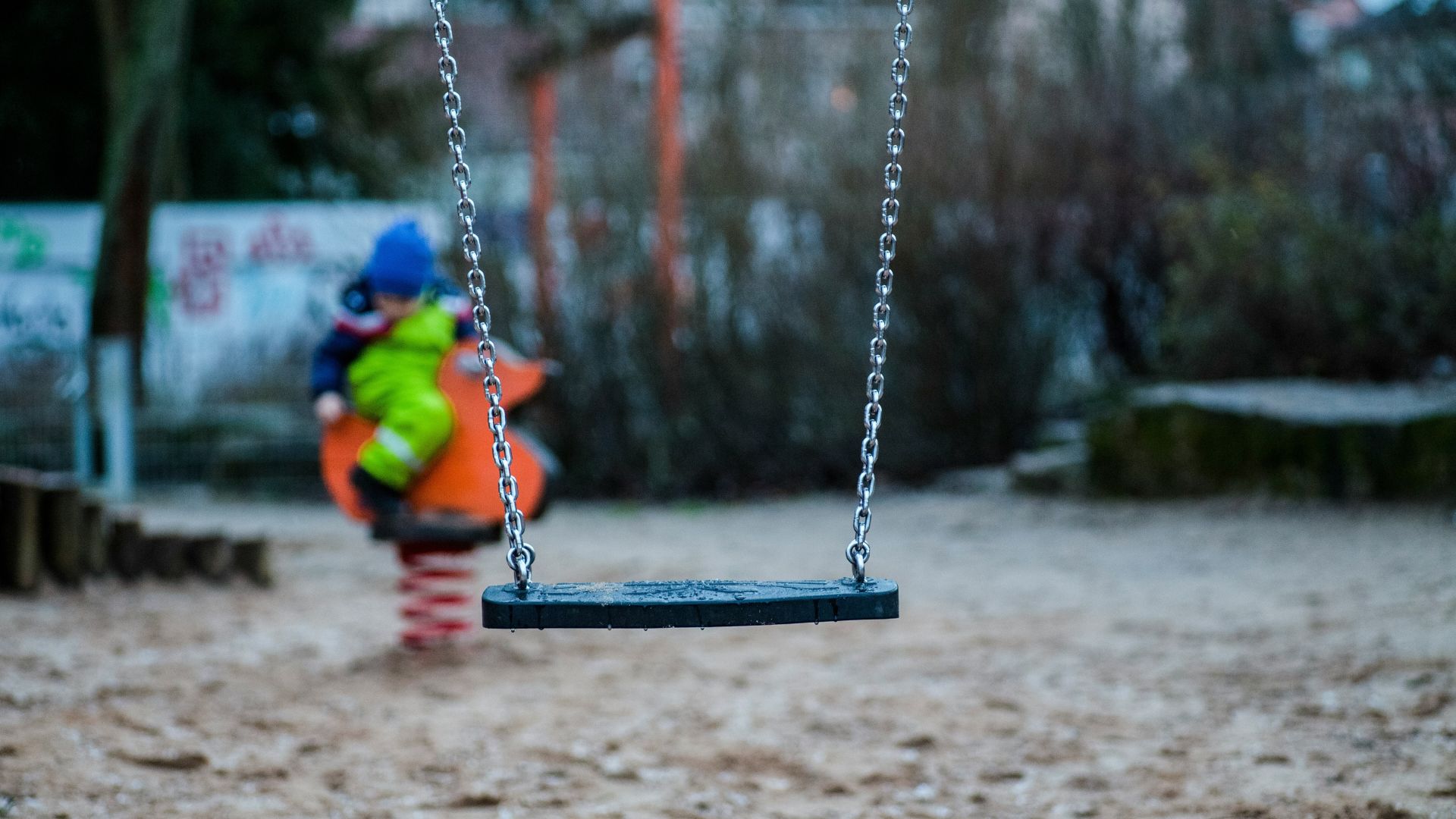According to a recent financial audit, Washington state has lost more than $1.5 billion in tax dollars because so many parents cannot pay for childcare costs.
For most families, the choice to have one parent stay home and raise the children is personal. However, when finances come into play, many either have no choice but to work or to stay home.
Record High Inflation

Due to the post-pandemic world and inflation, child-care costs have reached record highs.
Unfortunately, Washington state became the most expensive place in America to raise a child today.
Washington Breaks Records

According to the U.S. Census Bureau, just a few years ago, in 2021, the average cost of child care was roughly $4,810 a year for a school-aged child to $15,417 for infant care, depending on the state.
However, in Washington, the number just surpassed $1,050 per month for parents to have just one child, a price many can’t justify, even in a two-income family.
Parents Must Leave the Workforce

Alex Beene, a financial literacy instructor at the University of Tennessee at Martin, told Newsweek, “Washington residents in this regard are facing the concerns that many other parents are in states across the country.”
He added, “Childcare costs have increased substantially over the past two decades, leaving some parents to drop out of the workforce because that’s actually the more financially viable option for them.”
Children Can Complicate Jobs

According to a recent survey, many parents said that the high childcare costs can increase the likelihood of being fired or quitting their jobs.
As well, having small children in daycare can often lead kids to becoming sick more often, something that working parents usually have a hard time working their schedules around on days their children are too sick to attend.
Financial Impacts on the State

Unfortunately, the reduction of people in the workforce means that Washington state has lost a considerable amount of income tax dollars.
The lost family income, turnover, and absenteeism cost the state around $6.9 billion in 2023, according to a study by the public policy research firm ECOnorthwest.
Child Care Costs Exceed Billions

When the lost money is split between all 8 million Washington residents, the money amounts to roughly $870 for each person and a gross state product loss of around $6 billion.
In total, between state, federal, and local taxes, Washington parents not working cost roughly $1.5 billion.
Financial Expert Weighs In

“The high cost of childcare has become a determining factor for spouses removing themselves from the workforce,” said. Kevin Thompson, a finance expert and founder and CEO of 9i Capital Group
He added that, “Families have to determine if it’s economically feasible for both of them to stay in the workforce while providing child care.”
Most Parents Are Struggling

A recent report surveyed 600 residents who take care of children to get their experience on paying for childcare in Washington.
Out of the participants asked, 74% of parents with children 12 or younger said that the cost, quality, or availability of childcare came with significant challenges due to work and costs.
People Are Forced to Miss Work Even With Expensive Care

The report also showed that 40% of parents had been fired or quit a job because of disruption. Also, most parents said they missed one day of work because of childcare issues in the past three months.
“People are missing work due to child care issues and are quite often fired from their jobs due to absenteeism,” Thompson shared. “Economically, this is a substantial loss in regard to taxation and revenue from state local governments.”
Spots in Day Care Are Rare

Aside from the costs being restrictive and unaffordable for many people, some parents face another issue, finding a spot at all for their children.
“Many child care facilities don’t have capacity for the demand of their area, and some smaller entities that used to assist with care have shut down either due to financial pitfalls or liability concerns,” Beene added. “All of these elements combine to make the perfect storm for parents, children and employers that makes everyone lose.”
States Need To Step Up

The issues that parents face in the state are a clear indicator that it’s past time that the state steps up to help resolve some of the issues as well.
“When children are involved, rightfully, there’s a great deal of concern about the economic and legal issues that can come up with any form of care,” Beene said. “Government can assist, but it’s going to take some smart, savvy decision-making to not have it backfire on them.”








































